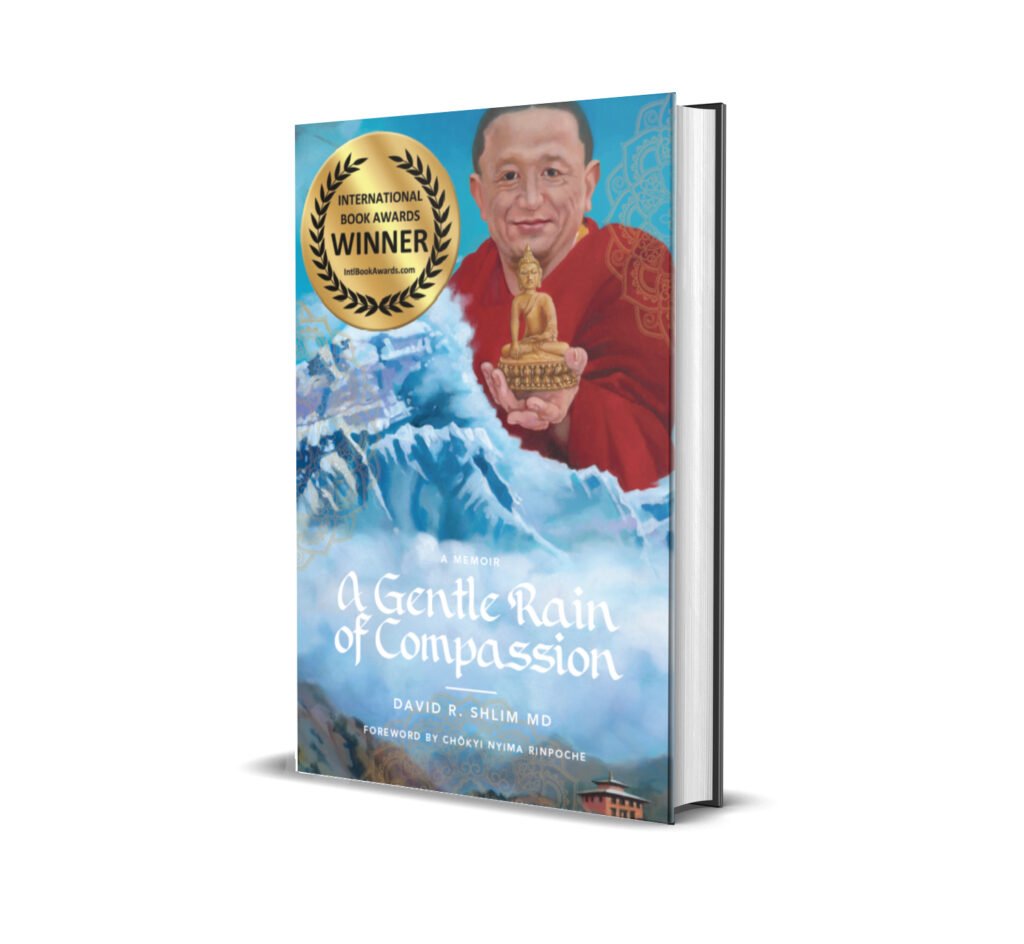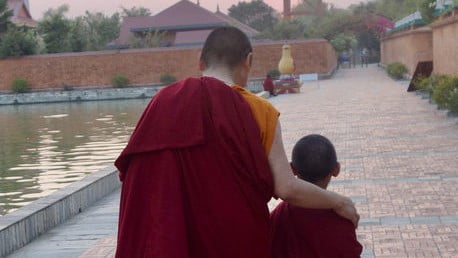Languages
Training in Compassion is available in the following languages:
- English
- 简体中文
- Español
About This Course
Compassion is important, isn’t it? Caring about the welfare of others is the glue that holds humanity together. A mother or father for his or her child. A friend towards a friend. A doctor towards a patient. A child towards an elderly parent. But our compassion is limited, or so it seems. We’re not able to feel compassion even for all the people in our own lives, not to mention strangers, or those suffering in other countries. Our compassion waxes and wanes, and sometimes we feel like we can’t do it anymore, a condition we call compassion fatigue.
Can Compassion Be Trained?
There is a general consensus that the above is true. We try our best, but compassion is just a limited quality that we have to be careful not to use up. Or is it? That’s the question this course will address: Is it possible to train in compassion and by doing so increase our natural capacity to genuinely care about the welfare of others?
We feel compassion can’t be trained because most of us have grown up in cultures that have no tradition of training in compassion. Most cultures encourage caring for the welfare of others but leave it up to the individual to muster the resources.
It doesn’t have to be that way. Luckily, there are well-established traditions in training in compassion, based on Tibetan Buddhist philosophy, and it’s possible to apply these training techniques in our own lives regardless of our cultural or spiritual background or where we live. In this course we will access these teachings, and learn about the connection between having a relaxed open mind and allowing our natural compassion to emerge.
Removing the Obstacles to Compassion
By taking this course you will open yourself up to understanding the nature of suffering, and ways to overcome suffering in yourself and others. You will learn how to use meditation to decrease the negative thoughts and emotions that disturb our minds, helping you to feel more relaxed and able to think about others. Training in compassion doesn’t mean you have to try harder; it means removing the obstacles to compassion, making our compassion more stable, from morning to night; more vast, including more people; and more effortless, which means that it is more readily available at a moment’s notice.
Studying compassion is a method through which we can gain many positive qualities in our lives. Ultimately, Buddhist practice and compassion practice become the same thing. As one of our greatest lamas, Dilgo Khyentse Rinpoche, said, “In an absolute sense, compassion is the awakened nature of the mind.” Together we can learn to train in ways that will reduce our own suffering and the suffering of all those around us.
New Book by Dr. Shlim
Dr. Shlim is also the author of the forthcoming prize-winning memoir A Gentle Rain of Compassion.

About the book: The author reveals the details of his personal tutoring in Buddhism and his gradual exposure to mysteries and hard-to-explain events that he personally witnesses. For all the readers who dream about what it might be like to travel to the Himalayas and achieve a genuine spiritual connection, this book is the story of how that dream can come true.
Translations
About Instructor



